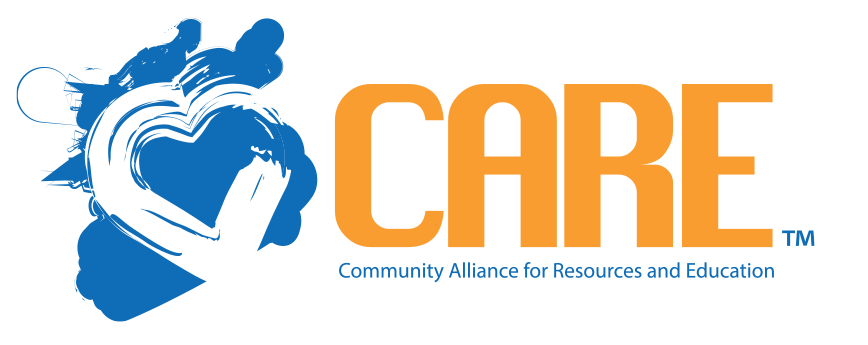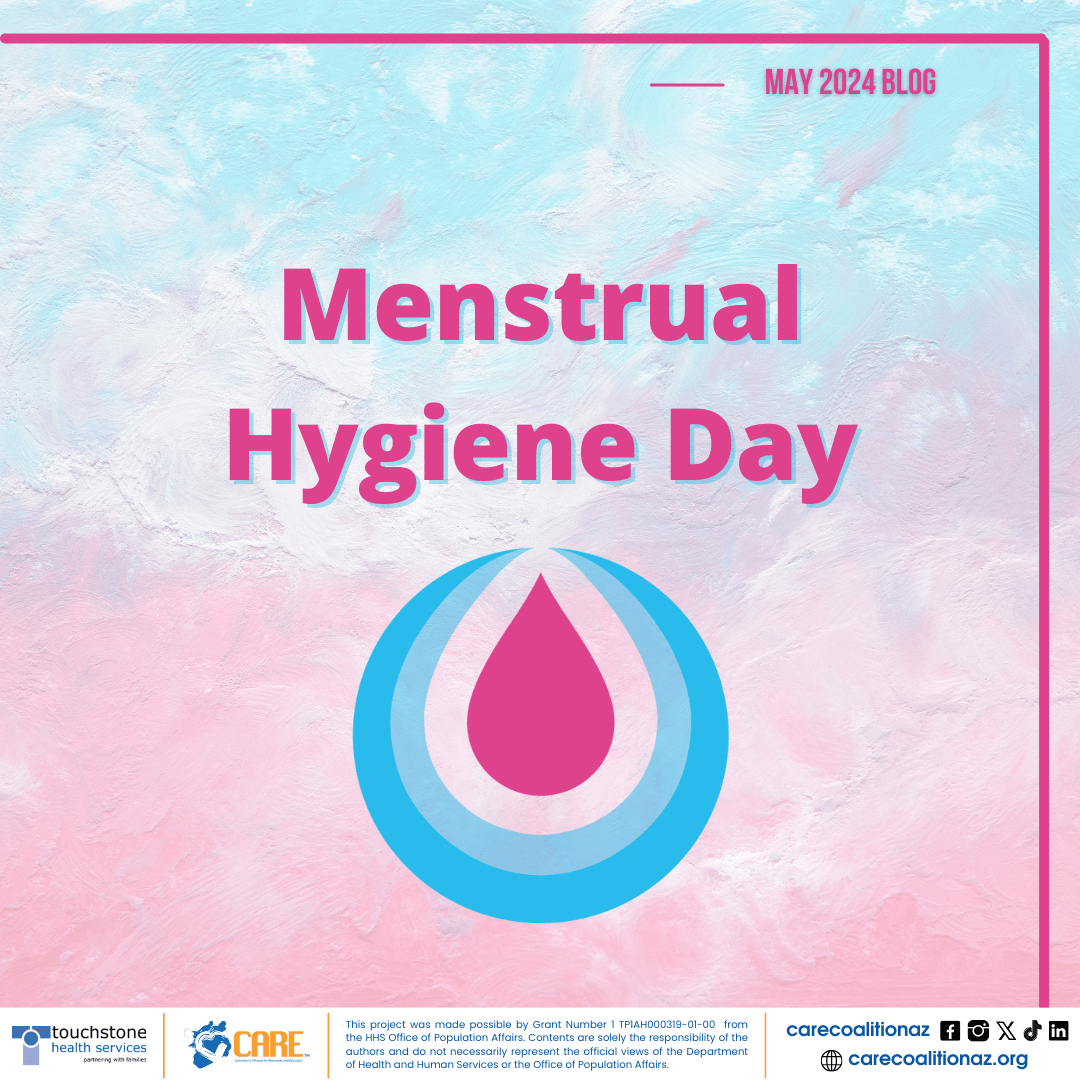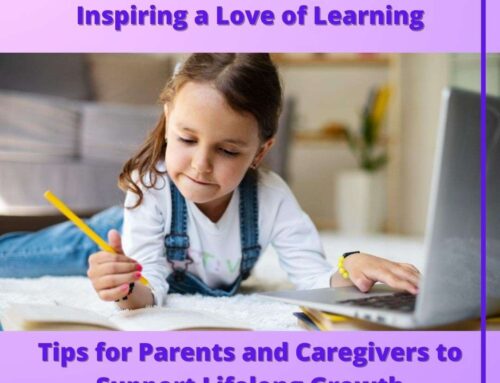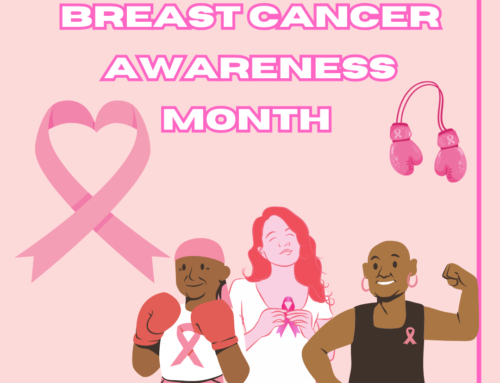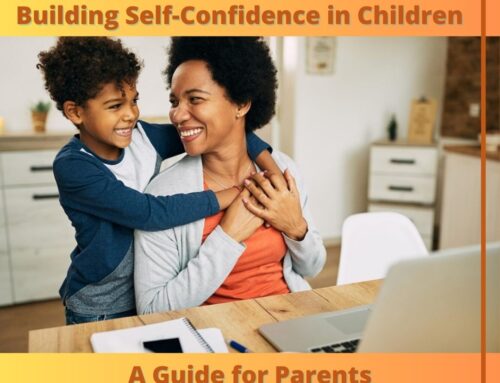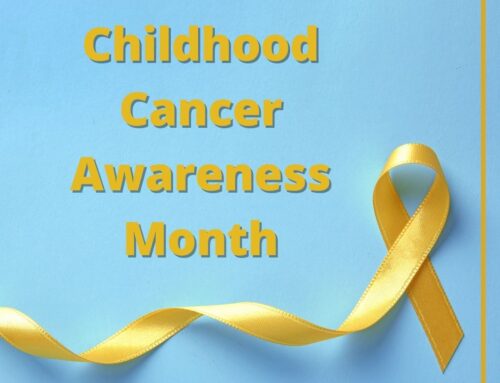Menstrual Hygiene Day
Greeting readers!
Menstrual Hygiene Day (MH Day) is on May 28th, and 2024 marks the tenth year of its observation! Initiated by the German non-profit WASH United in 2013, it was officially celebrated for the first time in 2014 and serves as a reminder of the importance of maintaining good menstrual hygiene practices and breaking taboos surrounding menstruation. There is a lot of stigma or negative beliefs within society when it comes to menstruation. This global initiative aims to raise awareness about the challenges people who menstruate face during their menstrual cycles and advocates for access to proper hygiene facilities, education, and destigmatizing menstruation. This blog will explore the significance of MH Day, the challenges that menstruators face, and the steps that can be taken to empower everyone and create a more inclusive and informed society.
With awareness and advocacy in mind, Let’s review some positive affirmations:
Despite being something nearly half of the world’s population has experienced or will experience menstruation has always been viewed in negative or incorrect ways, leading to isolation or poor treatment of individuals during their periods. MH Day is all about challenging this stigma, encouraging open conversations about menstruation, and fostering a supportive environment for individuals to manage their menstrual health with dignity.
What are the challenges faced by menstruators that MH Day aims to address?
Empowering Individuals Through Education:
One of the key components of MH Day is education. By providing accurate and inclusive information about menstruation, the initiative aims to empower individuals to make informed choices about their health. Educational programs target everyone, creating an understanding and supportive environment that can get rid of the shame and embarrassment that has been associated with menstruation. This is particularly important to ensuring the well-being of the youth, especially during the challenging transition into menstruation.
With this in mind, here’s how YOU can be a Prevention Partner:
References:
MenstrualHygieneDay.org, About Menstrual Hygiene Day, 2023.
WASH United: https://www.wash-united.org/index.html
Children’s Hospital of Orange County (CHOC), A Parent’s Ultimate Guide to Periods, 2023: https://health.choc.org/a-parents-ultimate-guide-to-periods/
KidsHealth, Talking to Your Child About Periods, 2018: https://kidshealth.org/en/parents/talk-about-menstruation.html#:~:text=The%20built%2Dup%20lining%20is,build%20up%2C%20then%20break%20down.
Jill Litman, Menstruation Stigma Must Stop. Period., 2018: https://pha.studentorg.berkeley.edu/2018/06/05/menstruation-stigma-must-stop-period/
Joanna Anagnostou, How to Talk About Periods in a More Inclusive Way, 2021: https://moxie.com.au/blogs/the-regular/how-to-talk-about-periods-in-a-more-inclusive-way
Go With The Flow, 2023: https://gowiththeflowaz.org/
